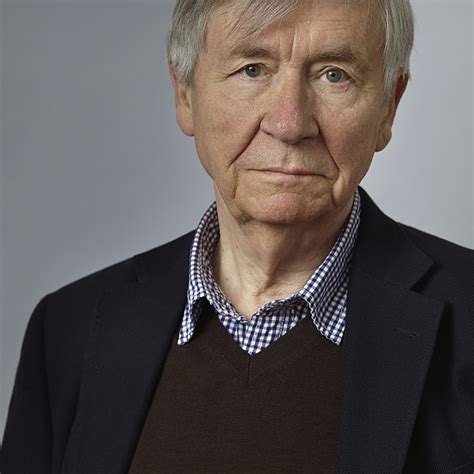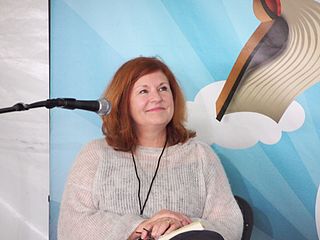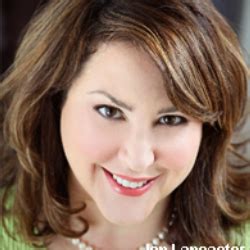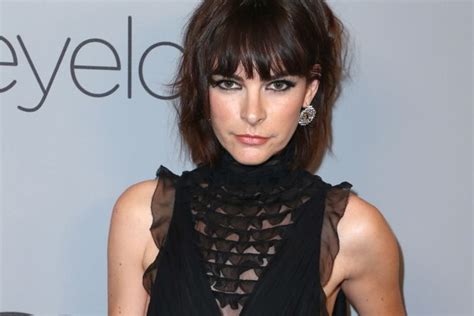A Quote by Michael Connelly
Ross McDonald had a greater influence on me than any other writer. His style of writing, the repeated theme of the past coming out to grab somebody, that's very attractive to me as a reader and, now, as a writer.
Related Quotes
I definitely have an affection for detective fiction, and when I first read Dashiell Hammett's 'The Maltese Falcon,' that book and its author made an enormous impression on me as a reader and a writer, and led me to other hard-boiled American writers like Raymond Chandler and Ross McDonald, among many.
It is easier for the reader to judge, by a thousand times, than for the writer to invent. The writer must summon his Idea out of nowhere, and his characters out of nothing, and catch words as they fly, and nail them to the page. The reader has something to go by and somewhere to start from, given to him freely and with great generosity by the writer. And still the reader feels free to find fault.
My best experience as a writer was working with Michael Ondaatje. He let me dismantle his novel, reimagine it, and still had dinner with me and gave me good notes. But the best thing about writing has been the writer's life, the sense of being expressed, the ownership of the day, the entirely specious sense of freedom we have, however slave we are to some boss or other. I wouldn't trade it for any other life.
If a writer of prose knows enough about what he is writing about he may omit things that he knows and the reader, if the writer is writing truly enough, will have a feeling of those things as strongly as though the writer had stated them. The dignity of movement of an iceberg is due to only one-eighth of it being above water. A writer who omits things because he does not know them only makes hollow places in his writing.
Writing is a vocation and, as in any other calling, a writer should develop his talents for the greater glory of God. Novels should be neither homilies nor apologetics: the author's faith, and the grace he has received, will become apparent in his work even if it does not have Catholic characters or a Catholic theme.
How often I have tried to tell writing students that the first thing a writer must do is love the reader and wish the reader well. The writer must trust the reader to be at least as intelligent as he is. Only in such well wishing and trust, only when the writer feels he is writing a letter to a good friend, only then will the magic happen.
It feels as though a very disproportionate number of main characters are writers, because that's what the writer knows. Fair enough. But nothing bothers me more in a movie than an actor playing a writer, and you just know he's not a writer. Writers recognize other writers. Ethan Hawke is too hot to be a writer.
It's akin to style, what I'm talking about, but it isn't style alone. It is the writer's particular and unmistakable signature on everything he writes. It is his world and no other. This is one of the things that distinguishes one writer from another. Not talent. There's plenty of that around. But a writer who has some special way of looking at things and who gives artistic expression to that way of looking: that writer may be around for a time.
I was writing at a really young age, but it took me a long time to be brave enough to become a published writer, or to try to become a published writer. It's a very public way to fail. And I was kind of scared, so I started out as a ghost writer, and I wrote for other series, like Disney 'Aladdin' and 'Sweet Valley' and books like that.
I majored in journalism at Arizona State University, where I began writing the columns I write now, but I cannot, in good conscience, refer to myself as a writer. I'm a columnist, maybe a journalist, I guess I'm an author, but writer... no. That's not up to me to call myself, that's rather lofty. It's for the reader to decide.


































